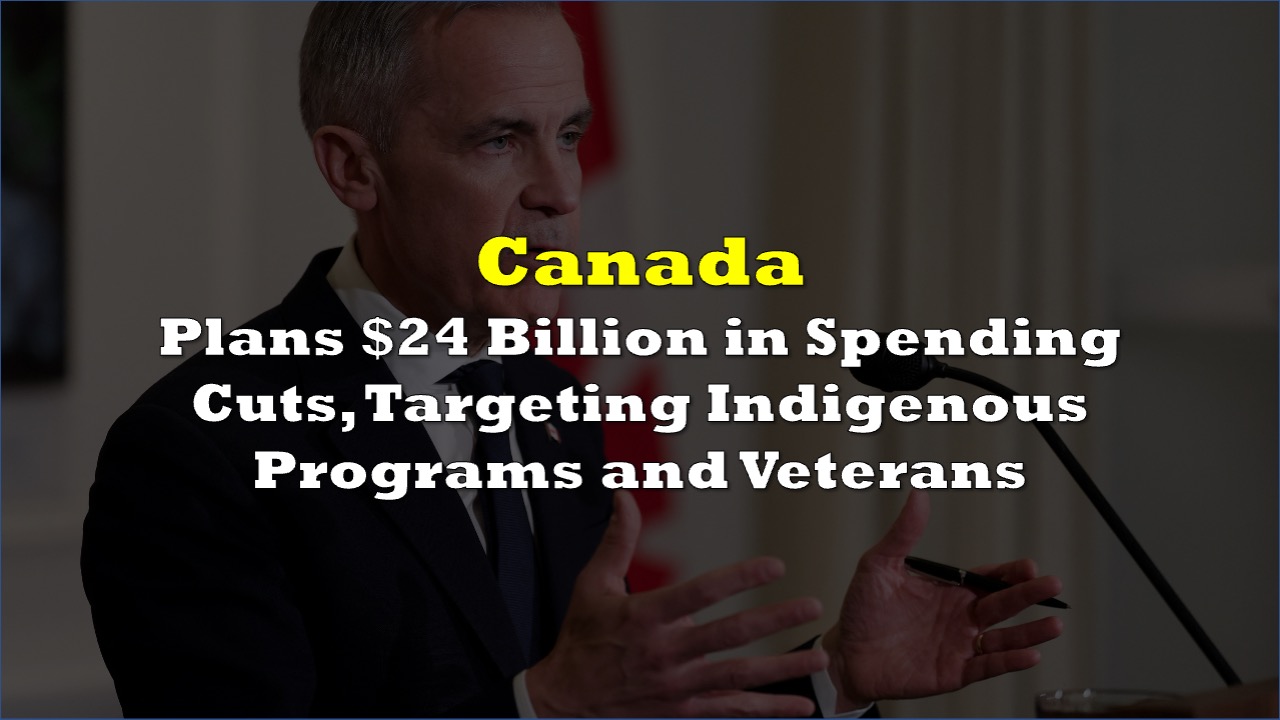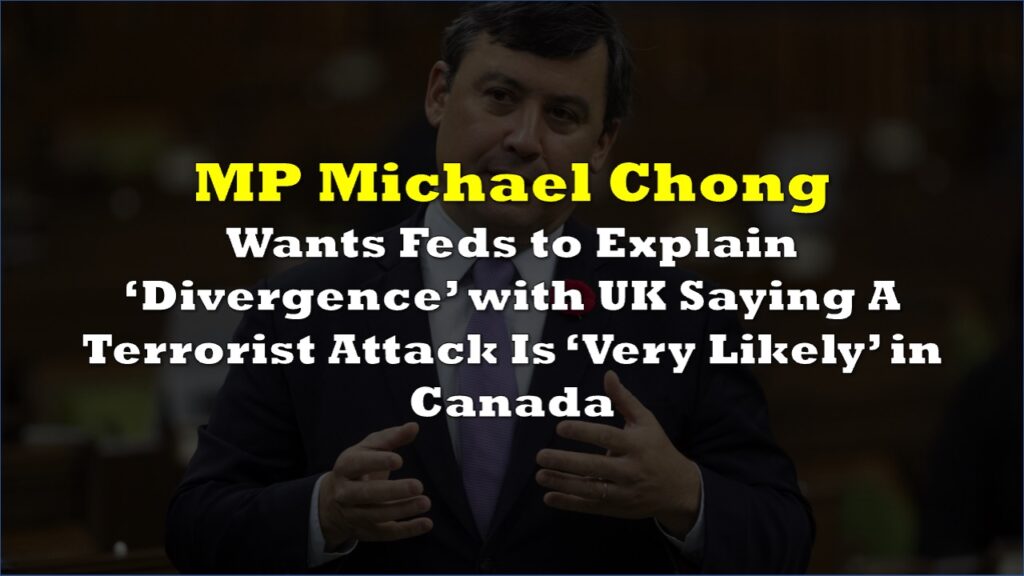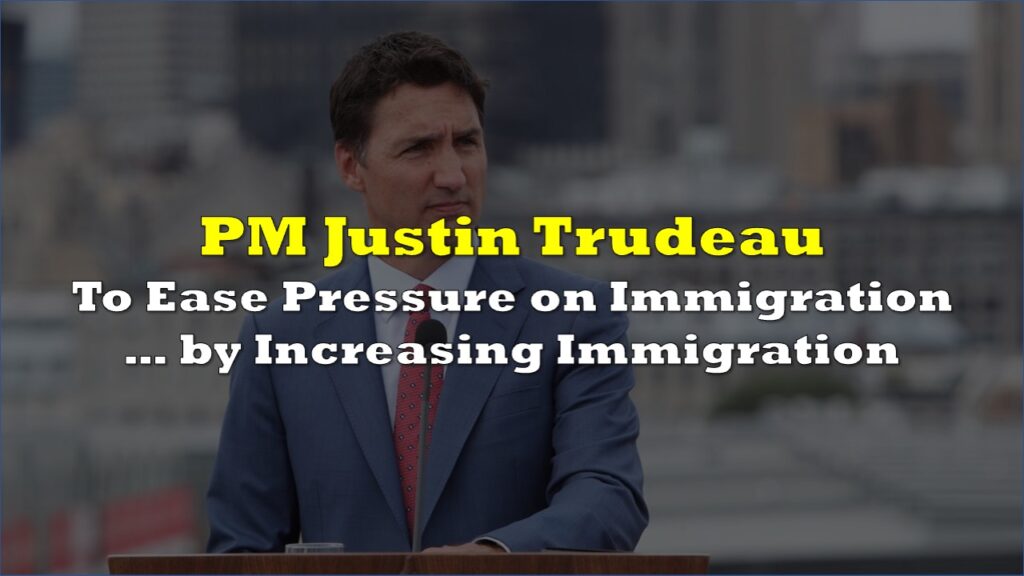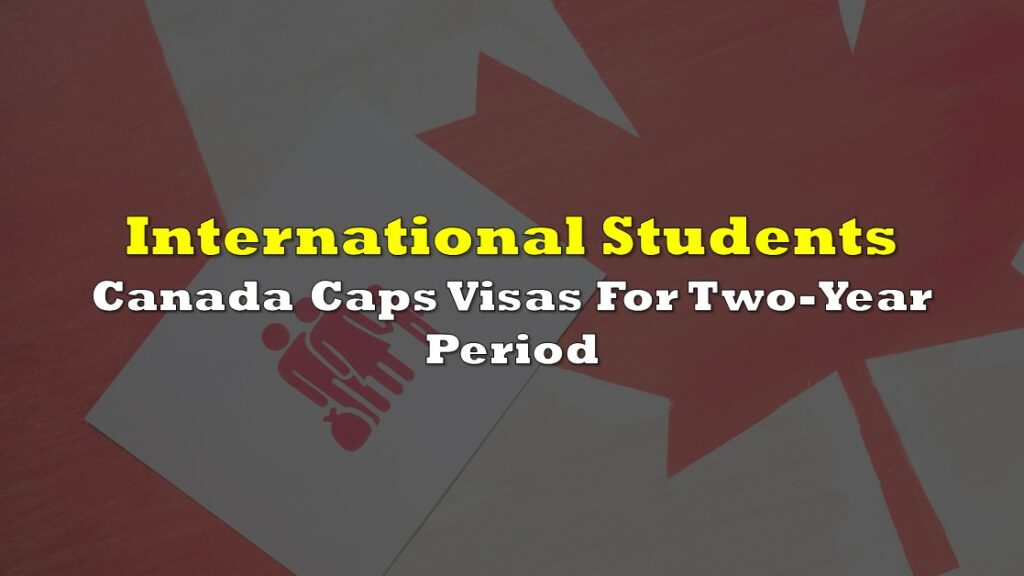Canada’s federal government is preparing sweeping spending reductions totaling nearly $24 billion by 2028 that would slash funding for Indigenous services, veterans’ benefits, and international aid to help pay for increased military spending and tax cuts, according to a new analysis.
More than half the cuts would come from eliminating government transfers to other levels of government, nonprofits, and businesses rather than federal job reductions, finds economist David Macdonald at the Canadian Centre for Policy Alternatives, who analyzed leaked ministerial directives.
The deepest cuts would target Indigenous programs, with $4.5 billion in annual reductions by 2028 affecting First Nations education, health care, policing and community infrastructure. The cuts represent nearly one-fifth of the government’s total “savings” plan.
The fed gov cuts to pay for military and wealthy tax cuts have rapidly expanded. My new analysis shows that most of the cuts will now be on transfers to other govs, non-profits and people. A stunning 1 in 5 dollars is just cuts to FN govs for basic social programs. @ccpa 🧵👇👇
— David Macdonald (@DavidMacCdn) July 17, 2025
Veterans’ services face $924 million in annual cuts, creating what Macdonald calls “a cruel irony” — funding military pay increases by reducing support for former service members. The reductions would affect disability benefits, income support, and veterans’ health care.
Finance Minister François-Philippe Champagne directed most departments to reduce program spending by 7.5% starting spring 2026, followed by 10% cuts the following year and 15% reductions by 2028. Three departments focused on security — Defence, RCMP and Border Services — face smaller 2% cuts.
International aid programs could lose nearly $800 million annually, further distancing Canada from its commitment to spend 0.7% of national income on development assistance. Research funding through the country’s three major granting councils faces $597 million in cuts despite recent budget increases.
Personnel reductions account for only about one-quarter of the total cuts, or roughly $6 billion. Reports suggest this could eliminate approximately 60,000 federal positions, adding to the nearly 10,000 jobs already cut in the past year.
Now calculated potential staffing cuts from the fed public sector cuts announced in July. TLDR, they'll be big, probably over 57,000 by 2028-29. I got some good coverage in the @OttawaCitizen but here are the brief details🧵👇👇 @ccpa
— David Macdonald (@DavidMacCdn) July 24, 2025
Services for refugees and new Canadians would face $505 million in annual cuts, affecting settlement services provided by nonprofits and health care for refugees.
The National Capital Region would bear the heaviest impact from job losses, with Ottawa-Gatineau projected to shed more than 24,000 positions — nearly half the total federal workforce reductions.
Macdonald warns the cuts will severely degrade public services. “There will be fewer staff on the tax, EI, and CPP call lines. Passport offices will lengthen wait times, which had been improving,” he wrote.
The reductions come as Prime Minister Mark Carney’s government promises substantial military spending increases and middle-class tax relief. The administration plans to release its first budget this fall.
Public sector unions strongly oppose the cuts, arguing they will harm both workers and service delivery. Federal employee surveys show workers already feel “stretched to the breaking point” amid heavy workloads and ongoing pay system problems.
It’s important to note that, if true, this spending plan will be a huge shift from the Liberal election platform, which made no mention of major transfer cuts. The government plans to release its first budget this fall.
Information for this story was found via the sources and companies mentioned. The author has no securities or affiliations related to the organizations discussed. Not a recommendation to buy or sell. Always do additional research and consult a professional before purchasing a security. The author holds no licenses.










One Response
Cutting money sent to the provinces is not cutting spending, it is merely transferring the burden to the provinces, who will pass it back to the taxpayer. Given that much of the fiscal problems in Canada are owing to the Trudeau Liberals, the Carney Liberals need to do much better. Cut the burocracy back to pre-Trudeau levels!